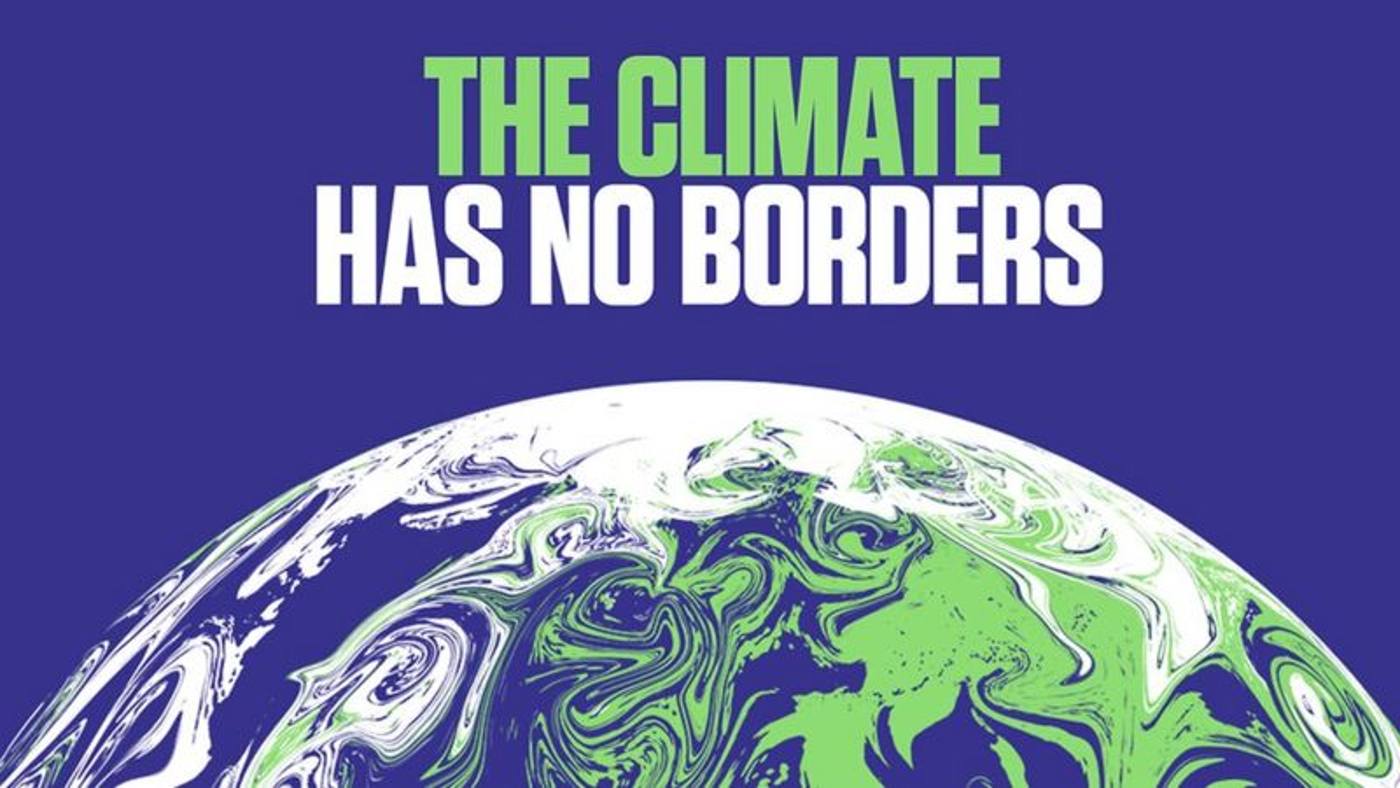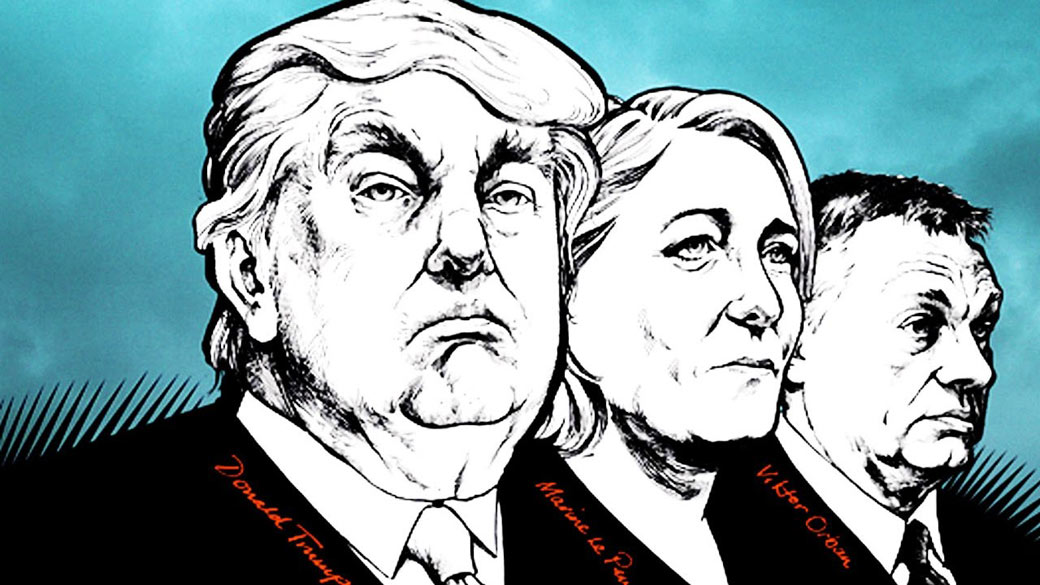Here’s an aggregated list of diplomacy and international relations film picks from a sea of options at the Sundance Film Festival 2020, just up the street from me. The films touch on politics, global issues, and diplomacy skills (conflict resolution, negotiation, peacemaking, persuasion) and should afford fresh insights–but be prepared. Not every film at Sundance is ready to impress. (I find a lot of films each year reveal important topics but aren’t great films. Some lack fit the niche but fall short in narrative or run too long.)
Even so, it’s an exciting scene and fun be at the screening of brand new films in Park City or at venues across the Wasatch Front with a very non -local crowd.

Via EW.com:
A Thousand Cuts / U.S.A., Philippines (Director and screenwriter: Ramona S. Diaz, Producers: Ramona S. Diaz, Leah Marino, Julie Goldman, Chris Clements, Carolyn Hepburn) — Nowhere is the worldwide erosion of democracy, fueled by social media disinformation campaigns, more starkly evident than in the authoritarian regime of Philippine President Rodrigo Duterte. Journalist Maria Ressa places the tools of the free press—and her freedom—on the line in defense of truth and democracy. World Premiere
Welcome to Chechnya / U.S.A. (Director: David France, Producers: Alice Henty, David France, Askold Kurov, Joy A. Tomchin) — This searing investigative work shadows a group of activists risking unimaginable peril to confront the ongoing anti-LGBTQ pogrom raging in the repressive and closed Russian republic. Unfettered access and a remarkable approach to protecting anonymity exposes this under-reported atrocity–and an extraordinary group of people confronting evil. World Premiere
The Earth Is Blue as an Orange / Ukraine, Lithuania (Director: Iryna Tsilyk, Producers: Anna Kapustina, Giedrė Žickytė) — To cope with the daily trauma of living in a war zone, Anna and her children make a film together about their life among surreal surroundings. World Premiere
Epicentro / Austria, France, U.S.A. (Director and screenwriter: Hubert Sauper, Producers: Martin Marquet, Daniel Marquet, Gabriele Kranzelbinder, Paolo Calamita) — Cuba is well known as a so-called time capsule. The place where the New World was discovered has become both a romantic vision and a warning. With ongoing global cultural and financial upheavals, large parts of the world could face a similar kind of existence. World Premiere
Influence / South Africa, Canada (Directors and Screenwriters: Diana Neille, Richard Poplak, Producers: Bob Moore, Neil Brandt) — Charting the recent advancements in weaponized communication by investigating the rise and fall of the world’s most notorious public relations and reputation management firm: the British multinational Bell Pottinger. World Premiere
Once Upon A Time in Venezuela / Venezuela, United Kingdom, Brazil, Austria (Director: Anabel Rodríguez Ríos, Screenwriters: Anabel Rodríguez Ríos, Sepp R. Brudermann, Producer: Sepp R. Brudermann) — Once upon a time, the Venezuelan village of Congo Mirador was prosperous, alive with fisherman and poets. Now it is decaying and disintegrating–a small but prophetic reflection of Venezuela itself. World Premiere
Sergio / U.S.A. (Director: Greg Barker, Screenwriter: Craig Borten, Producers: Brent Travers, Daniel Dreifuss, Wagner Moura) — A sweeping drama set in the chaotic aftermath of the U.S. invasion of Iraq, where the life of top UN diplomat Sergio Vieira de Mello hangs in the balance during the most treacherous mission of his career. Cast: Wagner Moura, Ana de Armas, Garret Dillahunt, Will Dalton, Bradley Whitford, Brían F. O’Byrne. World Premiere
The Dissident / U.S.A. (Director: Bryan Fogel, Screenwriters: Mark Monroe, Bryan Fogel, Producers: Bryan Fogel, Jake Swantko, Mark Monroe, Thor Halvorssen) — When Washington Post journalist Jamal Khashoggi disappears after entering Saudi Arabia’s consulate in Istanbul, his fiancée and dissidents around the world are left to piece together the clues to a brutal murder and expose a global cover up perpetrated by the very country he loved. World Premiere
Hillary / U.S.A. (Director and screenwriter: Nanette Burstein) — A portrait of a public woman, interweaving moments from never-before-seen 2016 campaign footage with biographical chapters of Hillary Rodham Clinton’s life. Featuring exclusive interviews with Hillary herself, Bill Clinton, friends, and journalists, an examination of how she became simultaneously one of the most admired and vilified women in the world. World Premiere
Suggestions from Kenneth Turran, LA Times
Ironbark”: Based-on-fact spy dramas are always a treat, especially when starring Benedict Cumberbatch as an ordinary man drawn into the maelstrom of the Cuban missile crisis.
“Boys State”: A high-energy fly-on-the-wall look at what happens when 1,000 Texas high school students gather over a week to wheel and deal and attempt to construct a representative government.
“The Mole Agent”: Wry, charming, gently observational, this Chilean doc introduces the world’s oldest undercover agent, an 83-year-old man hired to see how a nursing home is doing its job. An AARP version of a John LeCarre film, and none the worse for that.
Collective”: A knockout Romanian doc, already a hit at Venice and Toronto, that shows a variety of citizens who refused to be intimidated by entrenched corruption.
Assassins”: The story of the two women who took out the half-brother of North Korean leader Kim Jong-un is so bizarre you almost can’t believe it happened.
The Go-Go’s”: A thorough and detailed account, made with current and past band members, detailing the rise, fall, and rise again of the beloved L.A. all-female band. [Not directly related to diplomacy–except that thanks to many things from #MeToo to a rise in female leaders around the globe, it’s quickly becoming a woman’s world. This film shows off some late 20th century rock trailblazers.]








You must be logged in to post a comment.